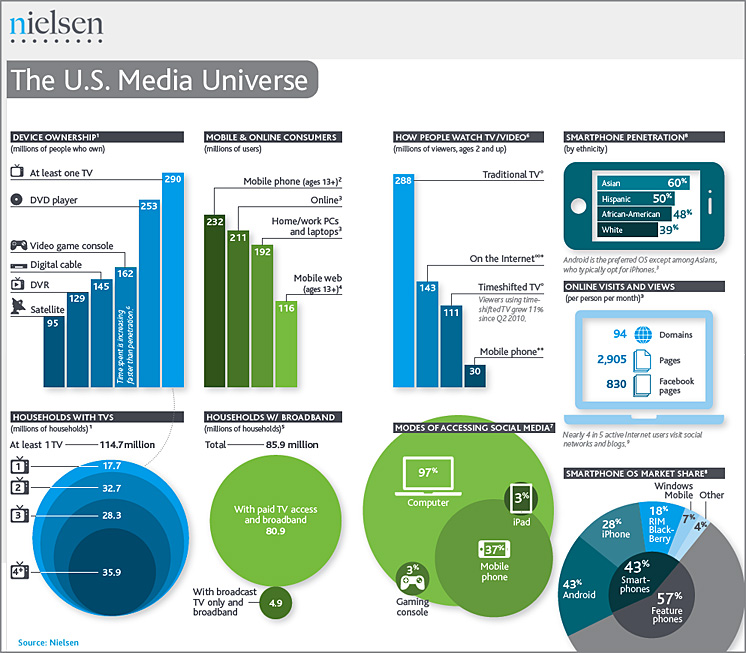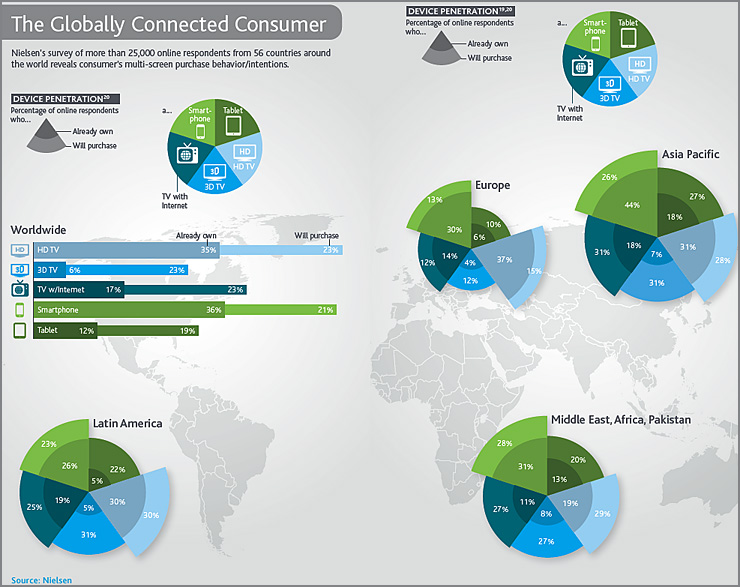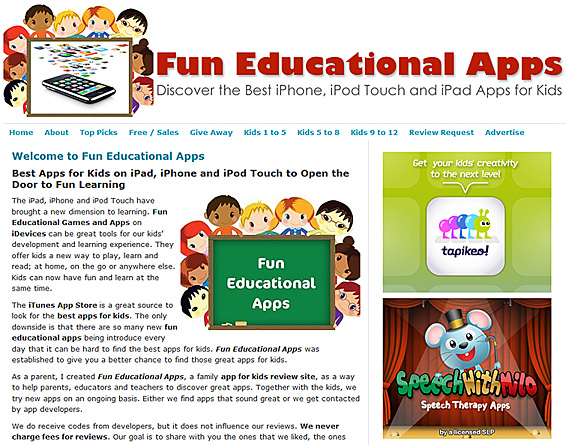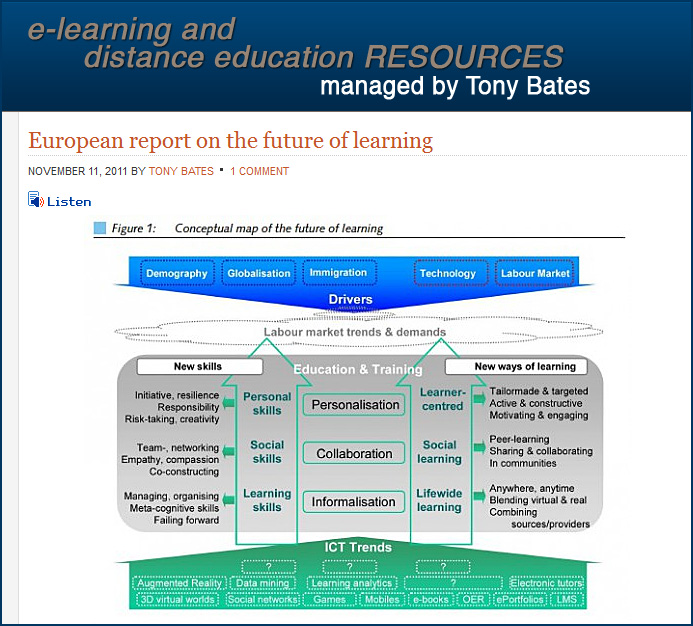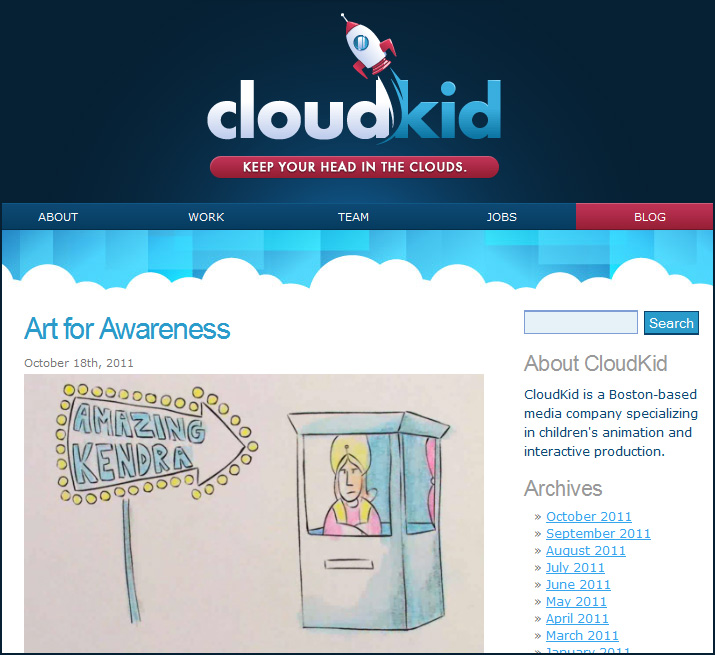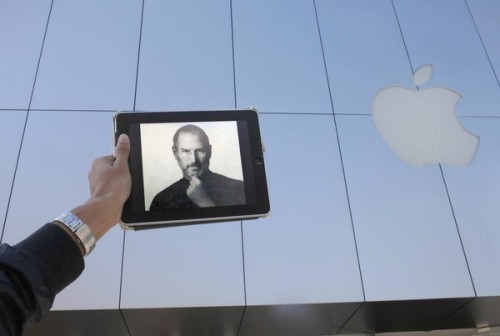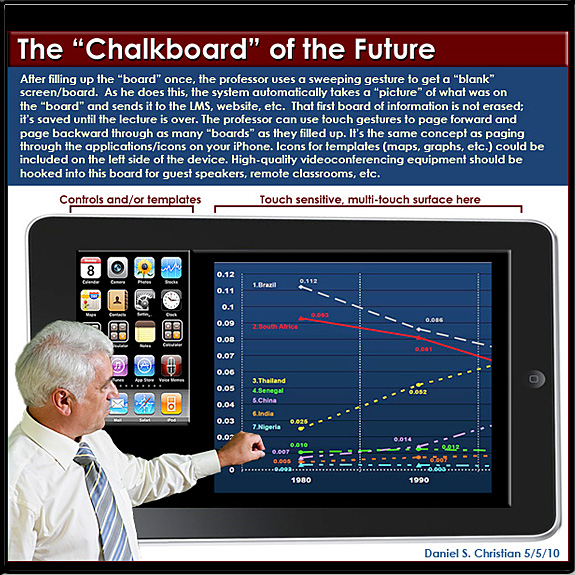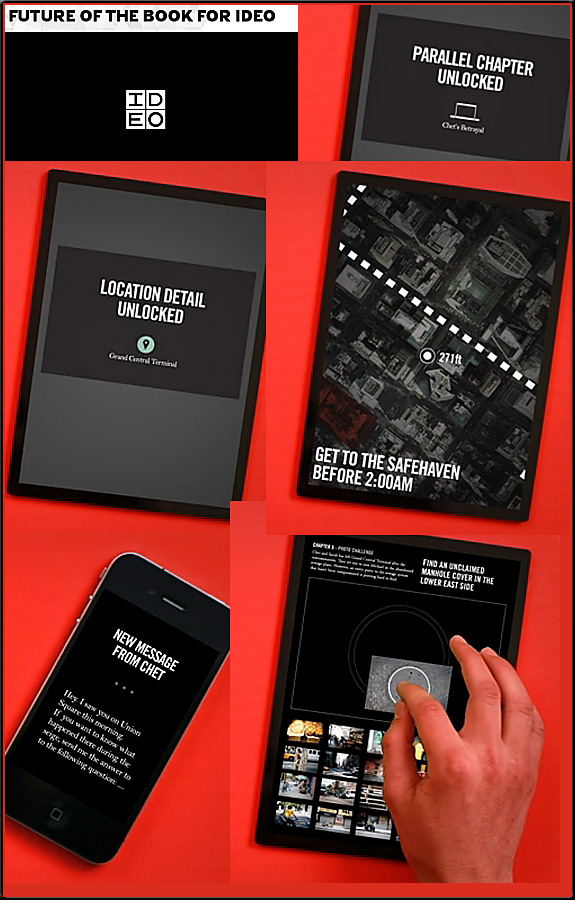.
Research/report:
Mobile Learning Game Improves 5th Graders’ Fractions Knowledge and Attitudes
— Prepared by Prof. Michelle Riconscente | University of Southern California | published by GameDesk Institute
Also see:
The Inspiration Bookshelf — from Julie Dirksen
Here’s a solid list of resources re: books ID’s should read that seems to support the KISS principle (of which I’m a huge fan) as well as how to make learning fun and engaging.
One of the things I had while writing the book was an inspiration bookshelf. These were books that not only inspired the content of Design for How People Learn, but also the style of it. None of these are instructional design books, but they are all books that instructional designers should read…
Also see:
Count on Apple iTV in 2012, analyst says — from technewsdaily.com by Leslie Meredith
.

Excerpt:
- The rumors that Apple will launch an actual TV have hit the headlines again following comments made today (Nov. 30) by analyst Gene Munster at an industry conference. Munster went so far as to tell his audience at the Ignition: Future of Media conference in New York City to wait to buy a new TV, because Apple’s TV is “going to be awesome.”
Addendum on 12/2/11:
- Google Is Totally Revamping YouTube To Make It More Like TV — from businessinsider.com by Matt Rosoff
How to design an educational game, part 1 — from Knewton.com by Christina Yu
Graphic from:
- The education technologies that educators believe can have the biggest impact on student learning (survey results) — by K. Walsh on November 13, 2011
Future of Storytelling Expert Series: CloudKid’s Founder on Interactive Storytelling for Children — from Latitude Research° by Kim Gaskins
Excerpt:
Recently, Latitude (in collaboration with Itizen) launched an innovation study on The Future of Storytelling. Why? So we can uncover the questions, challenges, and aspirations of tomorrow’s storytellers and identify how they can better align with audience’s changing expectations. Every week for the next several weeks, Latitude will share its conversation with a different influential individual. We’ll follow the series with a summary of best practices and insights for content creators and businesses from Latitude’s SVP, Neela Sakaria.
Also see:
With our heads fully in the clouds (where else would you want your head to be?), CloudKid transforms daydreams, fantasies, and flights of imagination into characters and stories that live, breathe, laugh, run, shout and fly.
CloudKid combines story and animation philosophies with mobile/web technologies to create eye-popping programs for children—we take children’s media to places it’s never been before. From film/animation production to story/character development, CloudKid develops intellectual property and technologies that will truly change the way kids and families interact with entertainment.
Addendum later on 10/18/11:
- Transmedia Storytelling: Imagery, Shapes and Techniques — from etc.cmu.edu
- Storytelling in digital era — by Peter Zschunke
Apple University will train executives to think like Steve Jobs — from good.is by Liz Dwyer
Excerpt:
If you want to honor Steve Jobs’ life by following in his entrepreneurial footsteps, forget heading to business school. The Los Angeles Times reports that an Apple team has been working on a top-secret project to create an executive training program called Apple University. The goal? To train people to think like Steve Jobs.
…
Apple refused to comment on the existence of Apple University, but the Times says that in 2008, Jobs “personally recruited” Joel Podolny, the dean of Yale Business School, to “help Apple internalize the thoughts of its visionary founder to prepare for the day when he’s not around anymore.” Apple analyst Tim Bajarin told the Times that, “it became pretty clear that Apple needed a set of educational materials so that Apple employees could learn to think and make decisions as if they were Steve Jobs.” Though the curriculum is still under wraps, Jobs himself oversaw the creation of the “university-caliber courses.” (emphasis DSC)
Also see:
Steve Jobs helped plan Apple University — an executive training program to help
Apple carry on without him. (Michael Robinson Chavez / Los Angeles Times / October 6, 2011)
From DSC:
If Apple were to choose to disrupt higher education, several other pieces of the puzzle have already been built and/or continue to be enhanced:
- Siri — a serious start towards the use of intelligent agents / intelligent tutoring
- An infrastructure to support 24x7x365 access and synchronization of content/assignments/files to a student’s various devices — via iCloud (available today via iTunes 10.5)
- iTunes U already has millions of downloads and contains content from some of the world’s top universities
- The internal expertise and teams to create incredibly-rich, interactive, multimedia-based, personalized, customized educational content
- Students — like employees in the workplace — are looking for information/training/learning on demand — when they need it and on whatever device they need it
- Apple — or other 3rd parties — could assist publishers in creating cloud-based apps (formerly called textbooks) to download to students’/professors’ devices as well as to the Chalkboards of the Future
- The iPad continues to be implemented in a variety of education settings, allowing for some seriously interactive, mobile-based learning
At the least, I might be losing a bit more sleep if I were heading up an MBA program or a business school…
Also see:
Also see:
- The page is no longer a cage – publishing books on iPad — from Mag+
- Publishing in the digital era [infographic] — from visual.ly
Addendum on 9-28-11:
- Everything you need to know about how to digitally self publish — from livingdigitally.net









